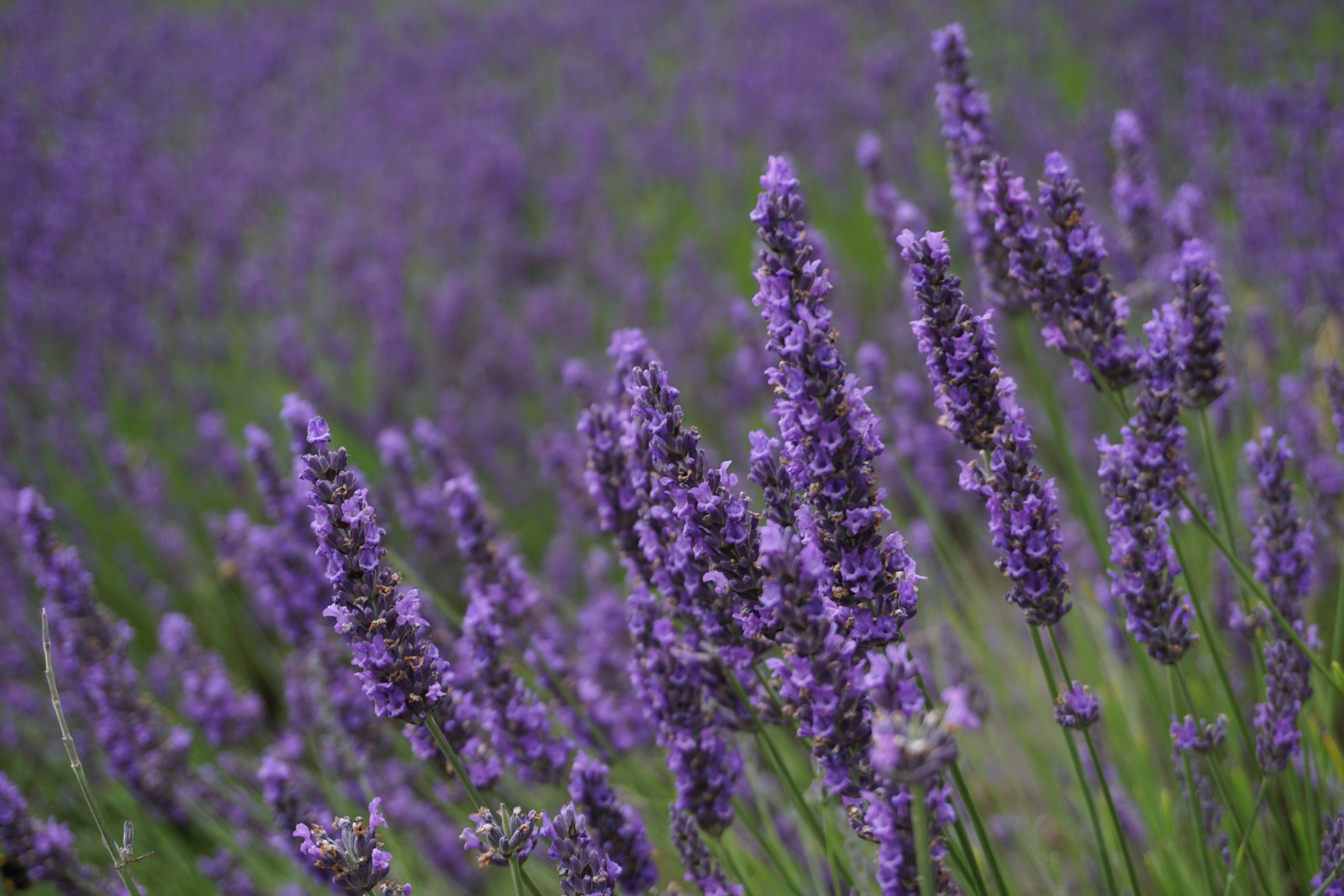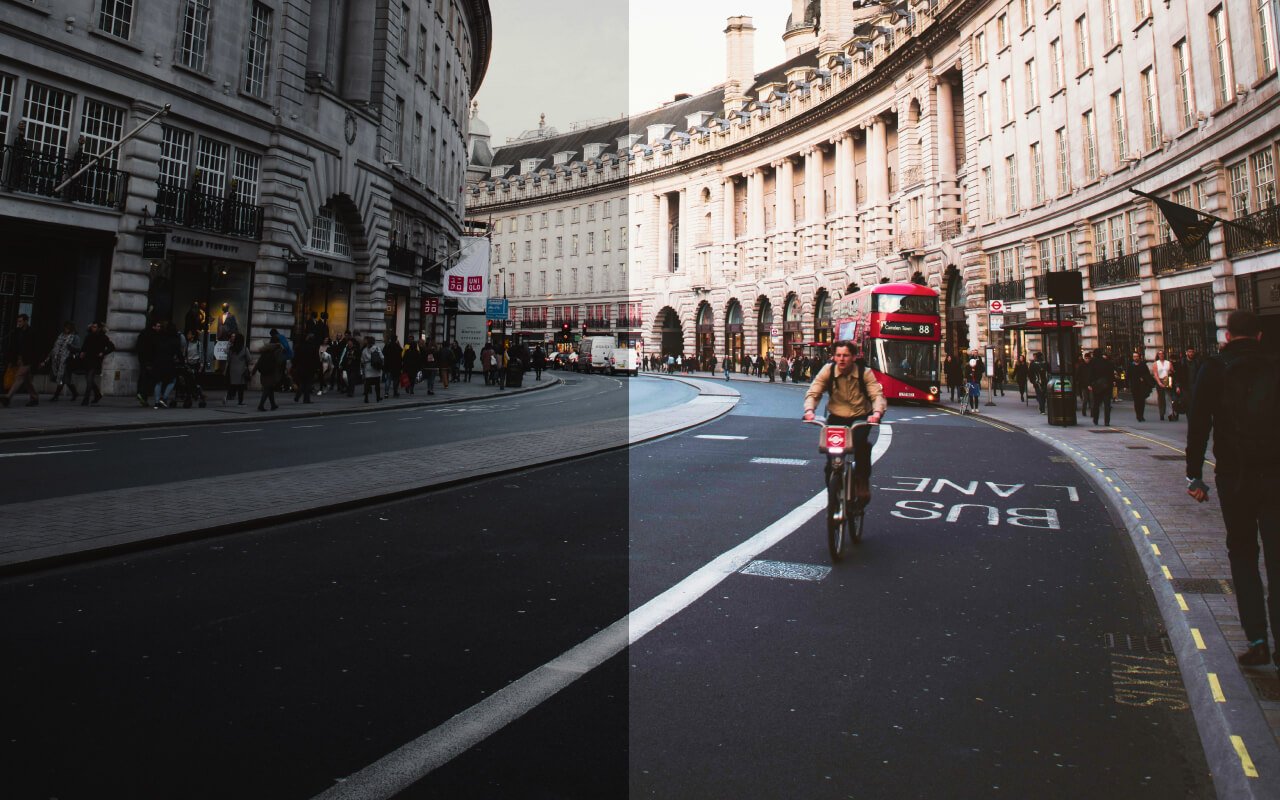How To Treat My Acne? Things To Try [AD]
Advertisement
Acne is one of the most common skin conditions worldwide. It occurs when the pores of your skin become heavily blocked by hair, sebum (oily substance), bacteria as well as dead skin cells. Due to such blockages, blackheads, whiteheads, and other types of pimples appear on the skin.
Acne is a very common condition, and everyone affected by it deals with it in their own way. If you struggle with acne, it is essential to know that you are not alone. It has been documented that people aged 11 to 30 experience at least a mild form of acne and are bound to be affected by it at some point in their lives. Although it primarily affects teenagers and youngsters undergoing hormonal changes, many people continue to struggle with acne while they are late into their 20s, 30s and beyond. In some cases, people tend to develop acne for the first time as adults.
Acne can appear on your face, forehead, chest, shoulders and upper back. This is because oil glands are found all over the body. There are various ways to treat acne, and you can find highly-rated acne treatment products that work just as well. However, the exact product you need depends entirely on the severity of the condition. Keep in mind that acne can be mild (a few periodic pimples), moderate (inflammatory papules) or severe (painful nodules and cysts).
Best Ways to Treat Your Acne
Acne medications function by reducing oil production and swelling. They can also treat bacterial infections. It is important to note that you may not see results for four to eight weeks with most prescription acne drugs. This indicates that it can take several months or more for your acne to clear up completely.
There are various types of treatment regimens present. Your doctor will recommend one depending on your age, the type and severity of the acne, and what you, as a patient, are willing to commit to. For instance, you may need to thoroughly wash and apply medications to the affected skin about twice a day for several weeks – give or take. Similarly, you may be recommended topical medications and drugs that you can take orally. Sometimes, oral medications are used in combination.

Topical Medications for Acne
Topical prescription medications for acne are the most preferred treatment method – especially during the initial stages. The typically found topical prescription medications for acne are:
Retinoids and similar drugs
You may have heard of retinoids through social media as they have increasingly gained popularity and have become a part of everyone’s skincare routines. Useful medications for moderate acne are those that contain retinoic acids or tretinoin. These often come in the forms of creams, gels and lotions. You will be directed to apply this medication in the evening only.
Antibiotics
You can find antibiotics in the form of creams and oral medication—these work by eliminating excess bacteria in the skin while reducing redness and inflammation.
Azelaic Acid
Azelaic acid is a naturally occurring acid produced by yeast. Since it contains antibacterial properties, it can manage discolouration as well as acne. An azelaic acid cream or gel is just as effective as several other conventional acne treatments.
Salicylic Acid
Another acid that can be found in various skincare products. Salicylic acid helps prevent blocked hair follicles, which reduces acne.
Oral Medications for Acne
Oral Antibiotics
Although oral antibiotics or medications for acne are not conventional acne treatments, they are suitable only if used for the shortest amount of time possible. This is to prevent antibiotic resistance. In addition, oral antibiotics should be combined with other drugs, like benzoyl peroxide.
Combined Oral Contraceptives
There are currently four combined oral contraceptives that the FDA approves for treating acne. Such contraceptives are products that contain combined progestin and oestrogen. However, you may not see any results of this treatment for the first few months, so it is better to take these oral contraceptives along with some other form of treatment.
Isotretinoin
Isotretinoin is essentially a derivative of vitamin A. It is only prescribed in cases where the individual’s moderate or severe acne does not respond to any other treatments.
Skin Therapies for Acne
In order to speed up the process, many opt to combine skin therapy and acne medications. However, the following therapies may be helpful alone, as well.
Light Therapy
The most common form of skin therapy is light therapy. It consists of a variety of light-based therapies.
Chemical Peels
The frequent and repeated use of chemical solutions like salicylic acid, glycolic acid, or retinoic acid acts as a chemical peel for the skin. It helps improve moderate to mild acne.
Steroid Injections
In cases where nodular and cystic lesions are stubborn, steroid injections are often administered to treat them. The injections are only injected on the lesions. This therapy results in rapid improvement as well as decreased pain.




![Smoking CBD Cigarettes – Facts and Benefits [AD]](https://plutoniumsox.com/wp-content/uploads/2022/08/WAY-OF-LEAF-1.jpg)
![The most popular CBD products that are available in almost every CBD store [AD]](https://plutoniumsox.com/wp-content/uploads/2022/08/WAY-OF-LEAF-2.-jpg.jpg)

